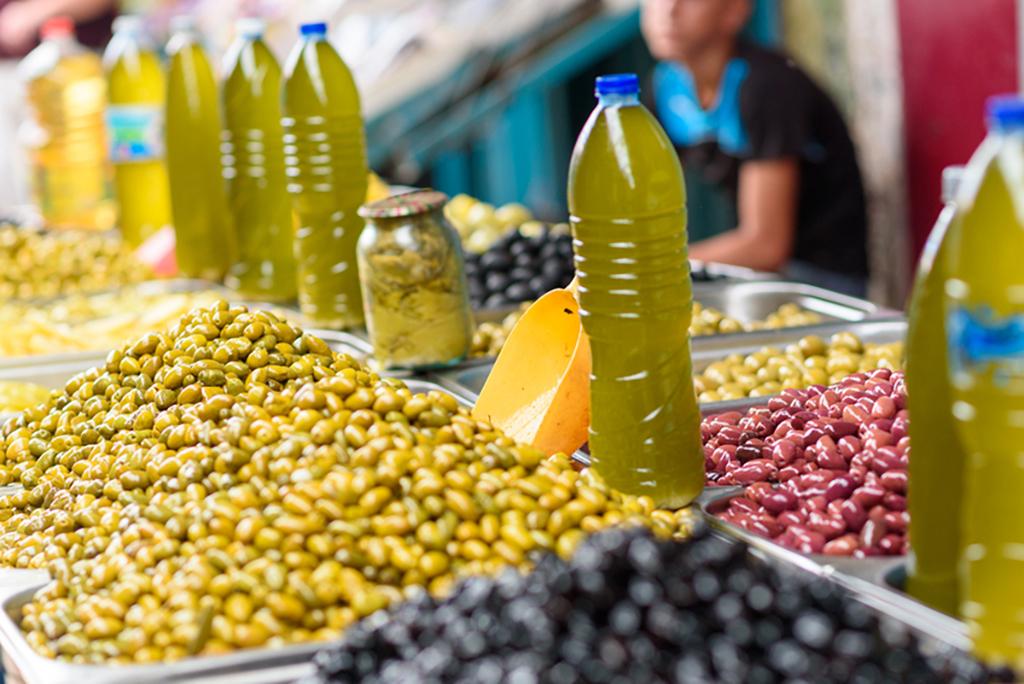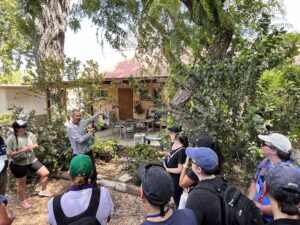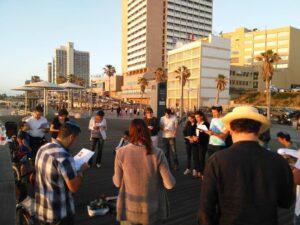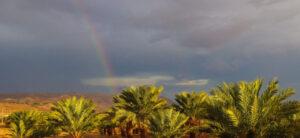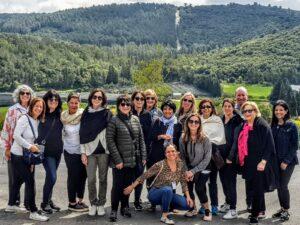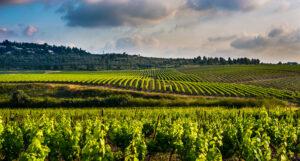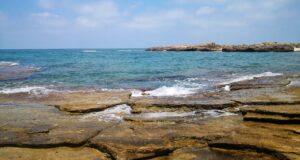Gazing out the window while travelling across the Galilee, between the mountains and valleys, the view is punctuated unmistakably by olive groves. From their twisted trunks to their leafy branches, these special trees, which are green year-round, bear a fruit that is treasured for its many uses. Traversing the Galilee by foot walk through the lush greenery, you are bound to stumble upon an olive press from the Byzantine period.
One day, as I sat by a spring in the lower Golan, soaking in the volcanic springs by Hamat Gader, there was a lively conversation being carried out by a group of Druze men consuming some olives.
“This is a Nabili olive!”
“No, no it’s Souri! See how juicy it is!
“You’re mistaken, the shape is Nabili”
“What are you talking about, here we grow Souri olives!”
While entertained by their banter, I also found myself intrigued by the different types of olives grown here in Israel. Most olives in Israel are Souri. From the name, one may think they come from Syria, but in actuality, they originate from the city of Tsor in Lebanon. Nabali olives are grown in the area surrounding Nabalus. The difference between the two varieties is that Souri and longer and thinner, have a very fruity taste and aroma, and are a little spicy and mildly bitter, whereas Nabali are shorter and wider, often lacking in flavor and smell, yet create a rather buttery-textured oil.
The Barnea olive tree, developed in Israel by Prof. Lavee from the Volcani Institute, was created with the specific goal to have a high yield of fruit. Through his research from the Sinai, he created the Barnea olive variety, now grown internationally, and used for both oil and to eat. Barnea olives are particularly fleshy, fruity, and slightly bitter.
Of course, there are many other types of olives grown in Israel, such as: Maalot, Arbequina, Manzanillo, Frantoio, Leccino, Coratina, Koroneiki, Picual, Picholine Languedoc, Empeltre, Kalamata and Santa Caterina. They all vary in size, shape, taste, texture, and aroma.
In Israel today, there are 168 official olive press farms registered with the Olive Oil Board of Israel, licensed to produce and sell olive oil. In the Druze village of Yanuch, an ancient olive press, once operated by donkeys, is still in use today, and is used to press the olives from the village’s olive harvest. And, you can always find dotted along the road of the Galilee, a Druze stand selling their family’s produce, such as bottles of the liquid gold (olive oil), and goat cheese rolled in zaatar preserved in olive oil. I always find a reason to stop and sample something doused in this staple of the Mediterranean diet – for my health of course!
For centuries, the oil squeezed from this fruit has been treasured for its many uses from food and cooking to anointing kings, making soap and cosmetics, ointments, among other things. And light! Olive oil was burned to create light, as we also know from the story of Chanukah. How appropriate that the menorah, symbolizing universal enlightenment, and the olive branch, representing Israel’s yearning for peace, are combined on the official emblem of the State of Israel. Also fitting is that the olive is widely recognized as an icon of peace and hope, wisdom and happiness – what a wonderful blessing as we usher in a new year!
So, as I sit and muse about those twisted trunks which happen to always turn clockwise, just as human DNA twists in a clockwise fashion, it amazes me how these trees have become entwined with our lives. The importance of the olive is not only that it intersects through time but it connects people as well and remains central to our conversations today. And, of course, they are delicious!
At Via Sabra we offer a wide range of culinary tours which let you experience some of the best food in Israel.



